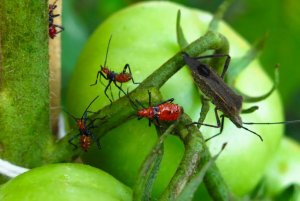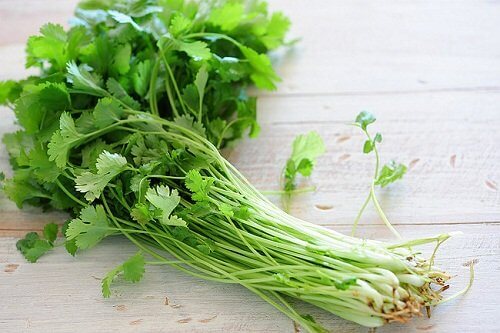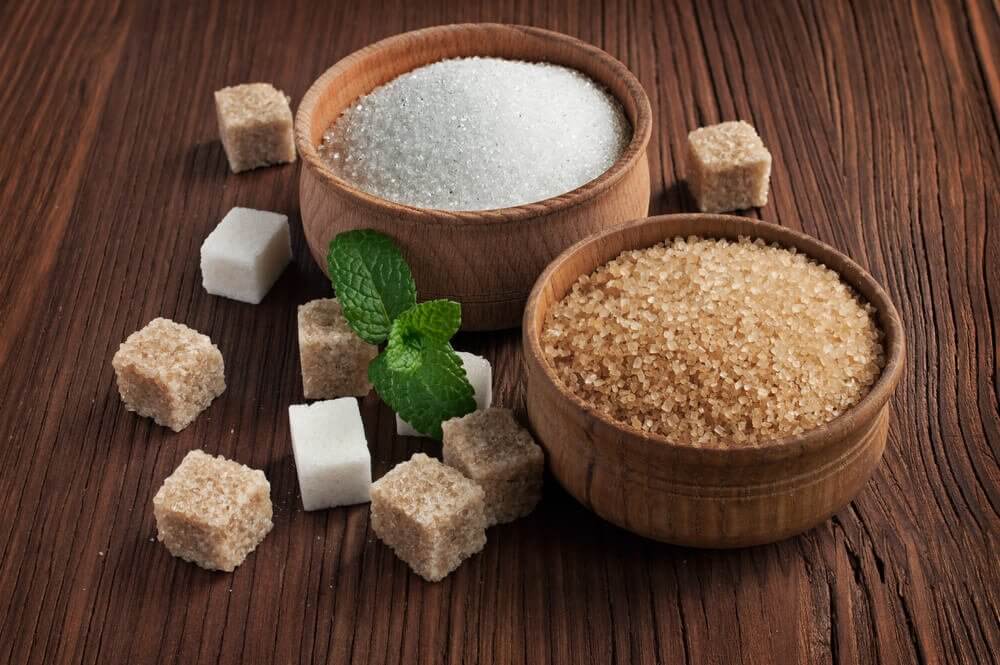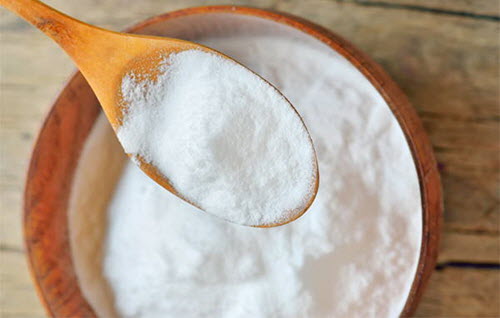5 Poisons to Exterminate Pests

The poisons to exterminate the pests that we need will depend on the type of insects that affect us and also the environment in which they are found. If you are looking for natural solutions to the unwelcome visitors you have in your home, what we are going to tell you can be very helpful.
At some point in our lives, we will be affected by the visit of small beings that will not cause us much pleasure. There are many types of pests: ants, cockroaches and other insects; weeds and microbes; or perhaps the most frightening of options: mice.
Whatever the case may be, it is always good to have an exit that allows you to start the problem at the root. Here we show you some homemade solutions to create poisons to exterminate pests and forget about them, at least for a while.
Risks of using pesticides
When facing any insect that invades our home, surely the first solution will be the use of pesticides. However, its use is not the best alternative.
First, because it can have serious consequences for health. The World Health Organization has reported that accidental or deliberate exposure to certain chemicals – even in minor amounts – can be extremely damaging to health.
The statistics published by this organization detail that the self-poisoning due to the preventable ingestion of a pesticide amounted to 186 thousand deaths in 2002.
This is not the only route of intoxication. It can also occur through the consumption of food or even contaminated drinking water. That is why many people choose to have organic vegetable gardens. Even though pests may affect their production, they do not resort to these methods.
Do you want to know more? How to Set Up an Urban Organic Vegetable Garden
5 poisons to exterminate pests
1. Cilantro

2. Lavender
With an infusion of 300 grams of fresh lavender leaf and a liter of water, you can repel the ants. Before spraying, you should allow this preparation to cool so that it takes effect.
3. Sugar and baking soda to eliminate cockroaches

- In one or more containers, mix equal parts of sugar, which will attract cockroaches, and sodium bicarbonate, which will kill them. Also add a small part of water.
- Then, place these containers in places where cockroaches usually appear in your home.
- Another option is to dump it directly on the floor. In this case, it is better not to add water to the mixture.
Of course, you can also resort to insecticides, traps and baits to rid yourself of this plague. However, this natural and economic option can be just as effective as them.
Beyond this solution, it is necessary to maintain order and hygiene in the house to prevent cockroaches from appearing. Therefore, try to have a clean and ventilated home, seal the cracks in the wall and do not let plates of food remain in the sink, as this attracts them.
4. Garlic, a potent insecticide
It is an excellent way to keep your plants out of reach of all kinds of insects. Garlic is a powerful repellent; with a simple preparation, you can rest assured that your garden will not suffer.
To achieve this infusion, you have to crush a garlic head together with some garlic cloves and two glasses of water. Once you obtain a smooth mixture, let it stand for 24 hours.
Finally, add three liters of water to this preparation and go. Spray it on your plants and forget that the bugs in the garden kill them.
Did you know? Create Your Own Aromatic Garden
5. Eliminate mice with sodium bicarbonate

All cited sources were thoroughly reviewed by our team to ensure their quality, reliability, currency, and validity. The bibliography of this article was considered reliable and of academic or scientific accuracy.
- Plenge, F. Sierra, J. Castillo, Y. (2007). Riesgos a la salud humana causados por plaguicidas. Tecnociencia.
- Barrera, J. F. (2007). Manejo holístico de plagas: más allá del MIP. XXX Congreso Nacional de Control Biológico-Simposio Del IOBC.
- Matas, S. J. (2013). Comportamiento de plaguicidas persistentes en el medio ambiente. Centro Interdisciplinario de Investigación Para El Desarrollo Integral Regionla Unidad Durango Del Instituto Politécnico Nacional.
- Chapagain, R. (2011). Regulación internacional del uso de pesticidas: la experiencia de Costa Rica. Rev Costarr Salud Pública.
This text is provided for informational purposes only and does not replace consultation with a professional. If in doubt, consult your specialist.








